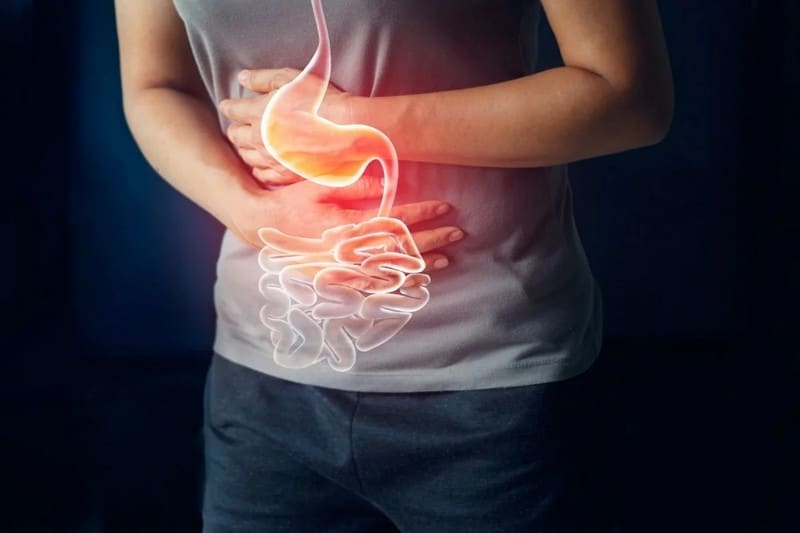Intestinal Infections

Intestinal infections are caused by bacteria, viruses, or parasites that enter the body through the mouth and travel to the intestines. Intestinal infections can produce symptoms such as diarrhea, abdominal pain, and rectal bleeding. Most intestinal infections do not require treatment unless they are severe or cause other complications.
The intestine is the part of the digestive system responsible for absorbing nutrients from food, storing waste, and eliminating it from the body. When a person has an intestinal infection, this process is disrupted.
One common type of intestinal infection is called dysentery, which causes diarrhea and abdominal pain with blood or pus. The other common type is amebiasis which causes severe diarrhea accompanied by fever, nausea, and stomach cramps.










